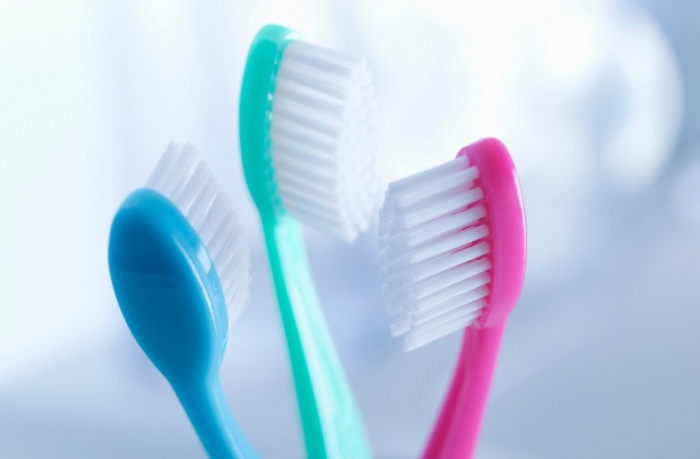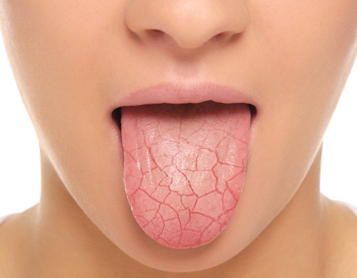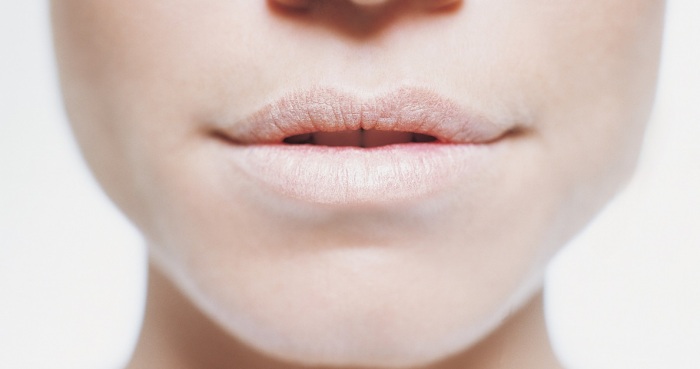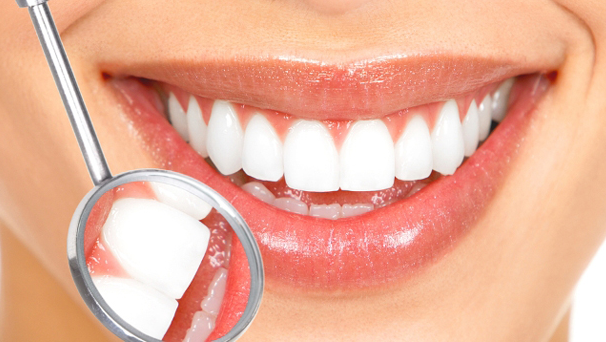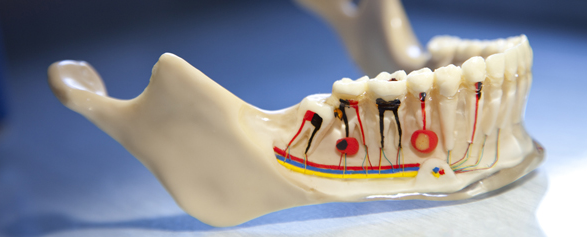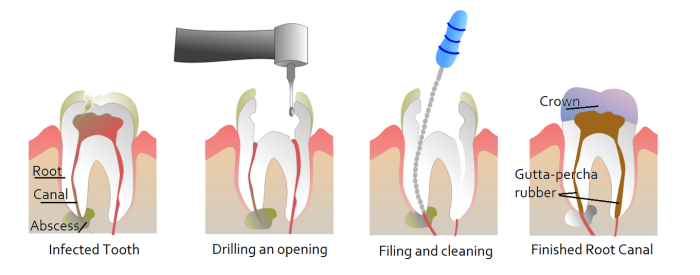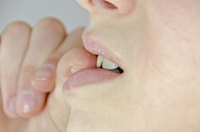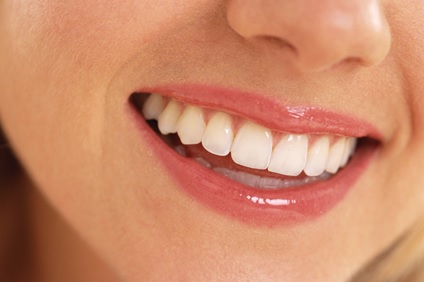
Everyone talks about going to the dentist, but I sometimes wish people would talk about going to the dental hygienist! After all, we’re the ones who get in there, scope out the situations and get your teeth all sparkling and clean for the dental exam.
I have tons of suggestions for keeping your smile bright and your mouth healthy. Here are the first few to get you going – stay tuned for more of my Teeth Tips in upcoming blog posts!
- Toss out your toothbrush and get a new one every 3-4 months. Studies have shown that older toothbrushes grow thousands of bacteria. Most are harmless, but still – not something you want anywhere near your mouth.
- Hate flossing? Don’t give up. Ask your hygienist for another option, like a dental floss holders or an alternative cleaning device.
- Can’t get to a toothbrush? Chew a piece of sugar-free gum; it stimulates saliva flow, which helps “naturally” rinse your teeth.
- Ask your hygienist if you’re one of those people that accumulate tartar more quickly. If the answer is yes, then use anti-tartar toothpaste or mouthwash to combat it.
